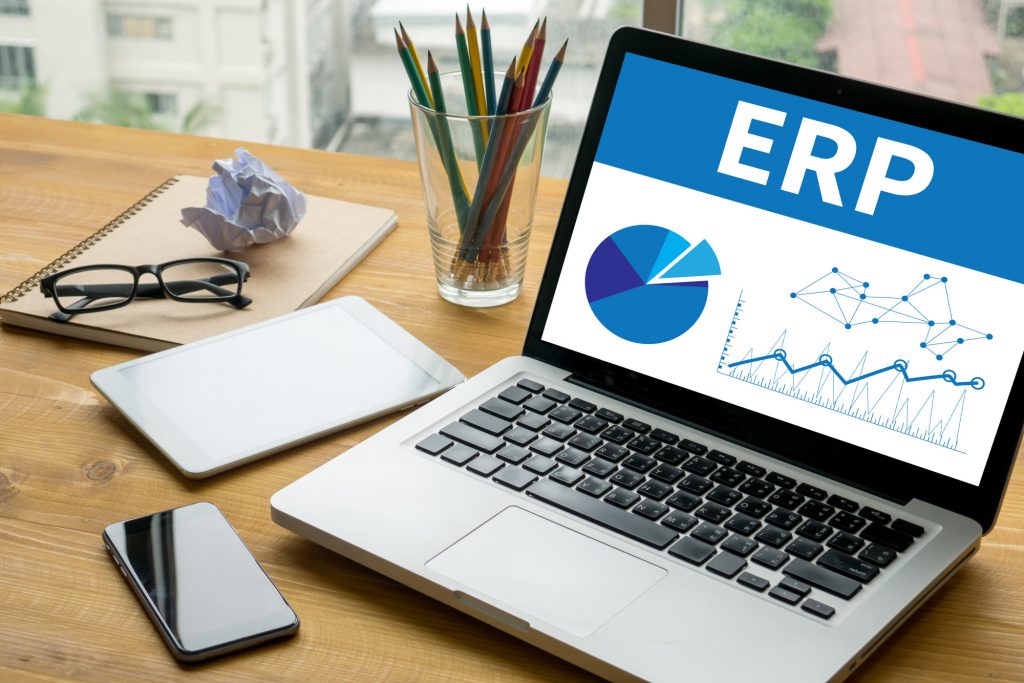Why Enterprise Resource Planning Is Important: The Top Benefits of ERP
As of 2019, the global ERP market stood at $39.34 billion, projected to reach $86.30 billion by 2027.
You have been looking for ways to streamline operations in your business to achieve efficacy. A friend introduced you to ERP systems, and you are considering purchasing one. You’ve decided to understand why enterprise resource planning is important, and that’s why you’re here.
The invention of such technologies has made globalization become a reality. If you’re still skeptical about the need to incorporate an ERP system into your organization, this is the article for you.
Read along to understand why enterprise resource planning is important for your business.
1. Integration of Departments
It’s now common to see organizations adapting to working remotely or on-premises. This is made possible by ERP systems which enhance synchronization among departments. Various departments can collaborate on a project no matter where they’re due to the centralization of data.
The system merges all the data coming in, ensuring the data available is up-to-date. It then shows how the data has been changed to track the changes made by a different department.
2. Improved Inventory Management
Inventory management remains the biggest challenge for big organizations. ERP utilizes bar technology to track goods along with the supply chain network. The organization can keep tabs on the number of inventory on their shelves and on transit.
There are costs associated with overstocking and understocking. An ERP ensures the organization achieves equilibrium in inventory levels. The system offers precision by making real-time data available, then used to make accurate business decisions.
3. Improved Analytics
An ERP system makes it easier to compile weekly or monthly reports since all the data is at a central point. Before, it used to take a lot of time since you had to do research and compile the data from different departments. An ERP also works as a business intelligence tool by analyzing the data to gain insights into the business processes.
4. Enhances Productivity
One of the greatest advantages of ERP is the automation of tedious and monotonous tasks. Tasks such as creating reports were manually done and could take hours to get completed. Employees were bound to make typical mistakes as the work was so monotonous.
ERP eliminates tasks such as data entry, and the system can perform complex calculations to generate reports. This creates more time for your staff to focus on other thoughtful tasks.
5. Saves You Money
Time is money. The amount of time enterprise resource planning helps you save can be utilized elsewhere to create value for your business. Enterprise resource planning benefits your business tremendously as you no longer have to spend a lot of money on logistics.
The best ERP vendors offer an enterprise resource planning guide saving you money on training.
Why Enterprise Resource Planning Is Important to Take Your Business to the Next Level
The above pointers are a good tradeoff on why enterprise resource planning is important. Take your business to the next level by streamlining operations to increase productivity.
Found this article informative? Check out our blogs on Marketing, Business, and Technology.

